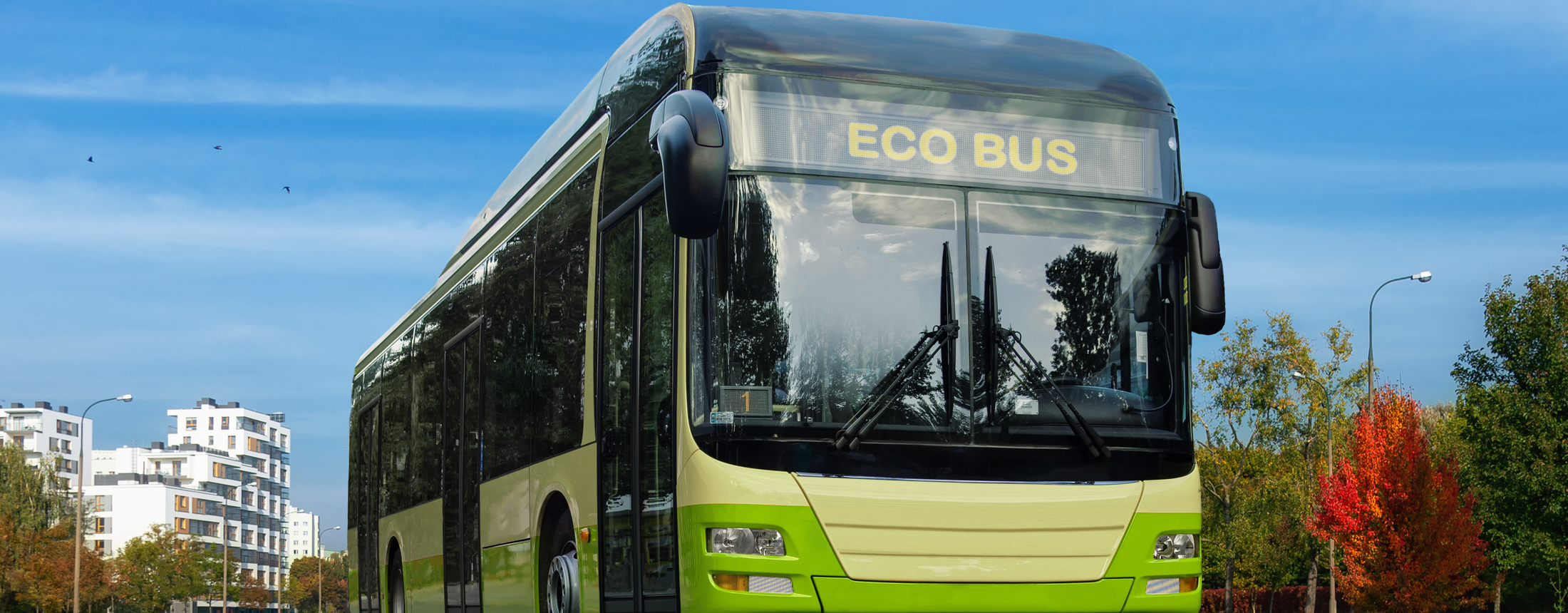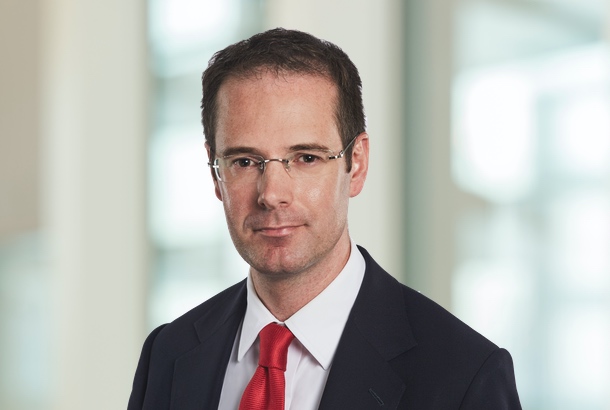The transition to a sustainable net-zero economy is moving quicker than ever before thanks to the focus on the impact of climate change from (i) governments, (ii) regulators, (iii) investors and (iv) the general public. Critical to further progression of this ambition is the development of sustainable transport across road, rail, air and sea modes, by harnessing new fuel sources and supporting changing mobility needs.
Whilst public bus transport services are preferable environmentally to conventional car use, they still contribute a large share of carbon emissions because the bus networks are currently underdeveloped in their transition away from diesel. The roll-out of hybrid vehicles has been popular, but deploying Battery Electric Buses (BEBs) and hydrogen-powered Fuel Cell Electric Buses (FCEBs) will be crucial to creating a zero-emission network. Several cities have targeted low-carbon networks – for example Copenhagen by 2025, Gothenburg by 2030, London by 2037 and Paris by 2040 – but more is required to replace the EU's 770,000-strong bus fleet into vehicles suitable for a zero-emission future. This article seeks to (i) highlight the scale of required fleet replacement, (ii) summarise the green bus technologies and (iii) address some of the key challenges of BEB and FCEB deployment as well as the funding considerations which are important to enabling commercial debt financing of green bus fleets.
Download the report now (PDF)





